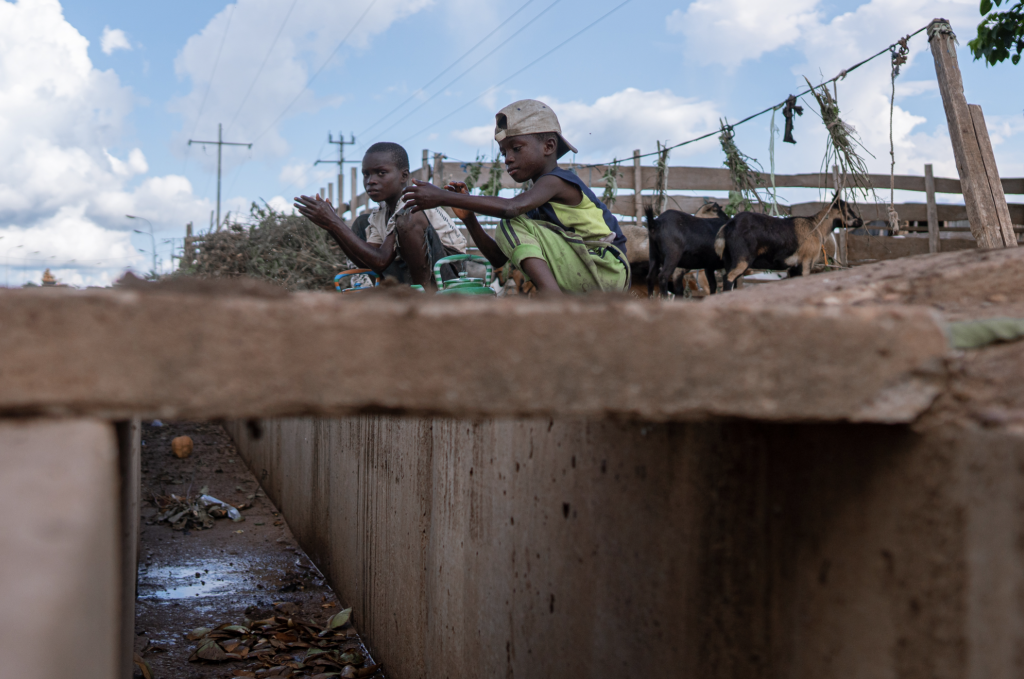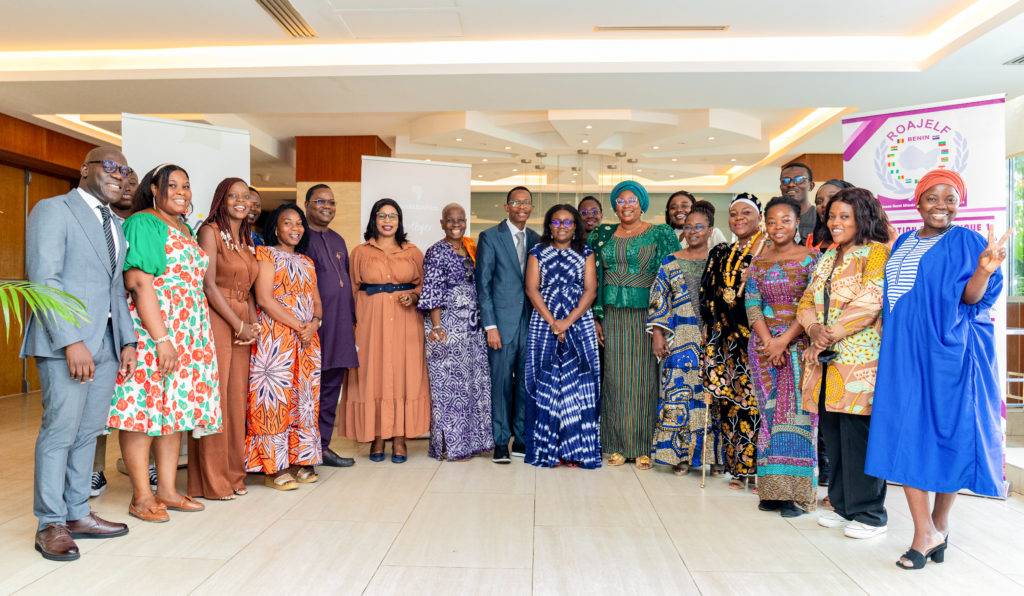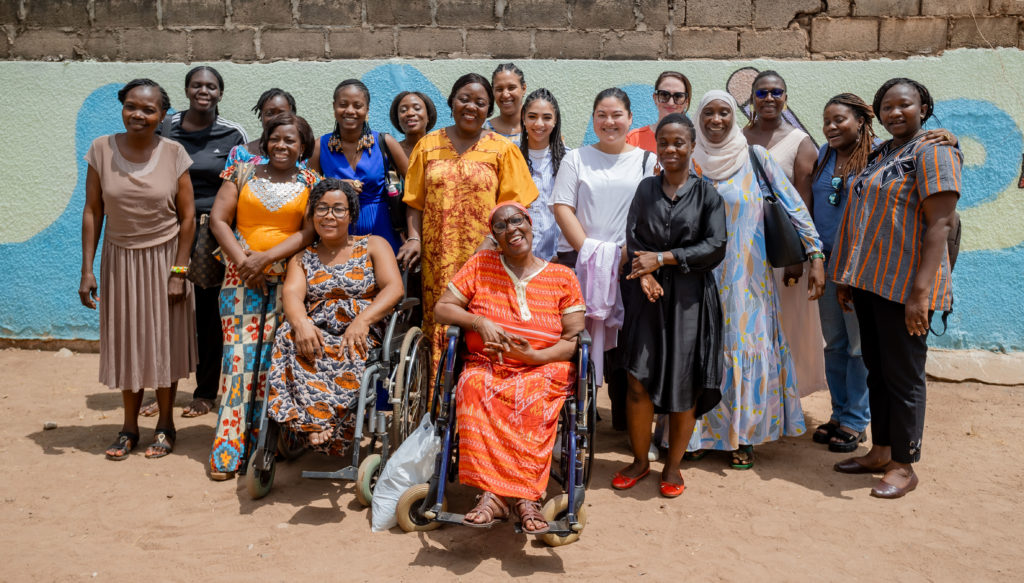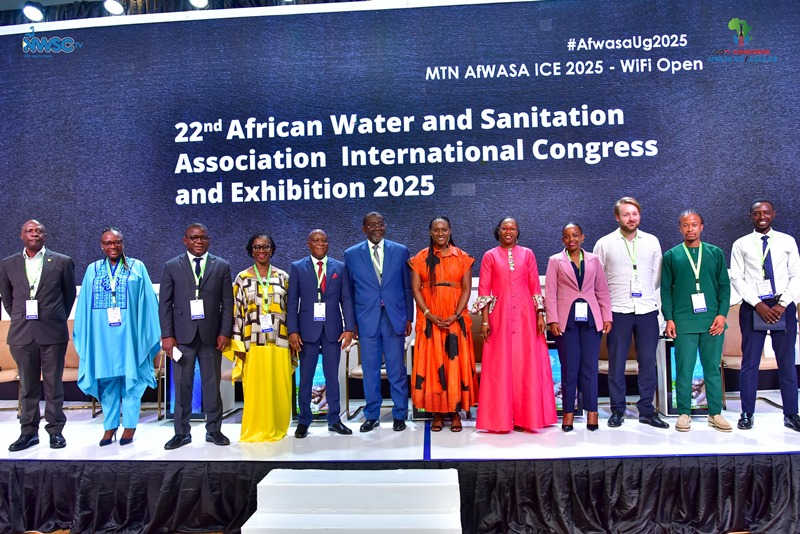Ghana’s National Sanitation Day: Five Years of Progress

By John A. Kufuor – former President of Ghana and founder of the John A. Kufuor Foundation
It is no secret that Ghana has struggled with sanitation challenges in the past. In fact, my country has faced intermittent cholera outbreaks since the early 70s, which reached a peak in 2014. We recognized that preventing future outbreaks, and the needless loss of life they caused, required action and social change.
This is why National Sanitation Day was created on 1 November 2014, and in 2017, the current government created a whole Ministry for Sanitation and Water Resources to address the issues. Not only was the November 1 day designed to raise awareness of the need to improve sanitation within our country, it also placed a concerted effort on public involvement: encouraging citizens to step out and clean their environment. In fact, in 2017 we gave sanitation a further push, and launched the National Sanitation Campaign.
As local municipalities hold the power when it comes to the sanitation agenda, this sanitation day, I implore local authorities to take action to improve sanitation in their respective regions and for their own communities.
In recent years, Ghana has faced near unprecedented levels of urbanization, to the point that the very infrastructure of our cities was struggling to cope. As more than half of Ghana’s urban population live in informal settlements, it is therefore essential that citizens themselves are involved in sanitation initiatives in the areas where they live. Not only does National Sanitation Day work to improve the cleanliness and the sanitation of the area, it encourages citizens to feel proud of their neighbourhoods – and to take responsibility for their surroundings.
A key part of National Sanitation Day is advocating for, and spreading the message that, sanitation is a public good and its impact affects everyone regardless of ethnicity, age, gender or religion. The presidential launch of the National Sanitation Campaign built on this when it declared that sanitation must be an everyday practice. In particular, my foundation and I work closely with Speak Up Africa to highlight the importance of good sanitation for the elimination of Neglected Tropical Diseases (NTDS). Much like poor sanitation, NTDs affect communities indiscriminately, and the two have more links than many might realize. Last year Ghana reached the incredible milestone of becoming the first country in sub-Saharan Africa to eliminate trachoma as a public health problem. Not only was this done through medical interventions, it would not have been possible without improved sanitation and hygiene knowledge.
Both Speak Up Africa and my own foundation advocate for peaceful, well-governed and economically sustainable societies, and in order to achieve this we need to focus on basic infrastructure, such as sewage, water, and even communication. We are always stronger together, and the continued partnership of our organizations will amplify our efforts to improve the health and quality of life of people across Africa.
On today’s National Sanitation Day, I encourage more countries throughout Africa to support this message and carry it forward with them. In fact, I advise all African countries to join us and discuss sanitation on a national scale with their own national sanitation days. As Ghana continues to move forward on our sanitation journey, it is important that people across all levels of society – from Presidents, to mayors, to individual citizens – work together to make sure improved sanitation becomes a priority and is accessible to all.


